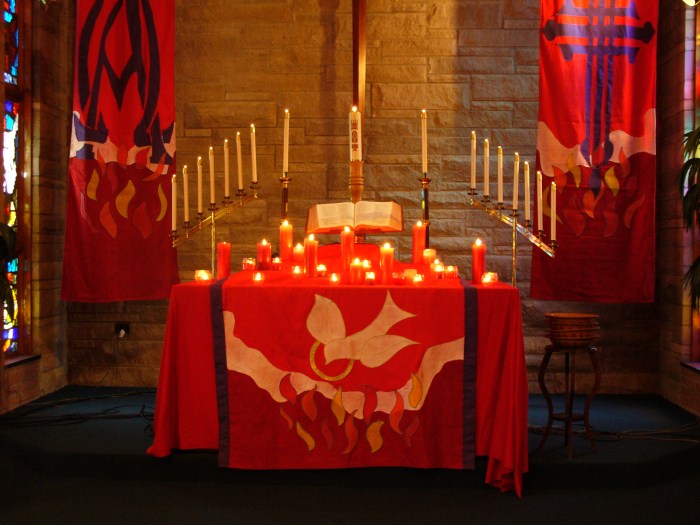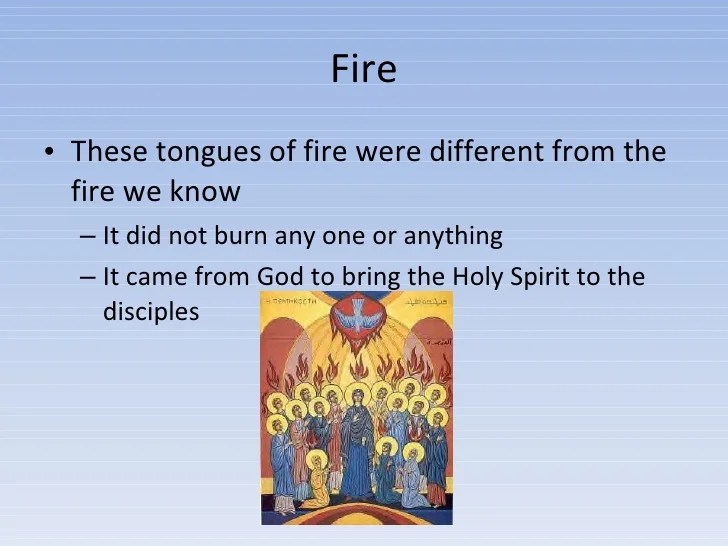Tenets of the church of pentecost – The tenets of the Pentecostal church, emphasizing the centrality of the Holy Spirit, shape its distinctive beliefs, practices, and global mission. From its core doctrines to its vibrant worship services, Pentecostalism has left an indelible mark on Christianity and continues to inspire and challenge believers worldwide.
At the heart of Pentecostalism lies the belief in the baptism of the Holy Spirit, an experience that empowers believers with spiritual gifts and a deep connection to God. This emphasis on the Spirit’s presence manifests in charismatic worship services characterized by speaking in tongues, faith healing, and personal testimonies.
Core Beliefs: Tenets Of The Church Of Pentecost

The Pentecostal church holds a number of fundamental doctrines that shape its practices and lifestyle. These beliefs include:
- The Trinity: The belief in one God who exists in three persons—the Father, the Son (Jesus Christ), and the Holy Spirit.
- The Bible: The belief that the Bible is the inspired and authoritative Word of God, containing all necessary truth for salvation and Christian living.
- The Fall of Man: The belief that humanity is fallen and separated from God due to sin, and that only through Jesus Christ can we be reconciled to God.
- Salvation by Grace: The belief that salvation is a free gift from God, received through faith in Jesus Christ and not by human works.
- The Second Coming of Christ: The belief that Jesus Christ will return to earth to judge the living and the dead and to establish His eternal kingdom.
Emphasis on the Holy Spirit
The Holy Spirit plays a central role in Pentecostalism. Pentecostals believe that the Holy Spirit is the third person of the Trinity and that He is active in the world today, empowering believers for ministry and service.
The concept of “Spirit baptism” is a key belief in Pentecostalism. Spirit baptism is the experience of receiving the Holy Spirit in a personal and powerful way, often accompanied by speaking in tongues. Pentecostals believe that Spirit baptism is essential for Christian growth and empowers believers to live a life of holiness and power.
Pentecostals also believe in the manifestations of the Holy Spirit, such as speaking in tongues, prophecy, and healing. These manifestations are seen as evidence of the Holy Spirit’s presence and power in the lives of believers.
Evangelism and Mission
Evangelism and missions are of utmost importance in Pentecostalism. Pentecostals believe that they are called to spread the gospel of Jesus Christ to all nations. They are actively involved in a wide range of evangelistic activities, including street preaching, crusades, and overseas missions.
Pentecostal missionaries have played a significant role in the growth of Christianity in the Global South. They have established churches, schools, and hospitals in many parts of the world, bringing the gospel to people who had never heard it before.
Worship and Prayer
Pentecostal worship services are characterized by their lively and expressive nature. They typically include music, dance, and personal testimonies. Pentecostals believe that worship is a time to encounter God and to experience His presence.
Prayer is also an important part of Pentecostal spirituality. Pentecostals believe that prayer is a way to communicate with God and to receive His guidance and power.
Church Governance and Structure
The Pentecostal church is typically organized into denominations and movements. Each denomination has its own unique structure and leadership, but they all share a common belief in the fundamental doctrines of Pentecostalism.
The local church is typically led by a pastor, who is assisted by a team of elders and deacons. The pastor is responsible for the spiritual oversight of the church, while the elders and deacons provide support and guidance.
Social and Cultural Impact

Pentecostalism has had a significant impact on society and culture. Pentecostals have been involved in a wide range of social and cultural movements, including the civil rights movement and the anti-poverty movement.
Pentecostal churches have also played a significant role in providing education, healthcare, and social welfare services to their communities. They have established schools, hospitals, and other social service organizations that have benefited millions of people around the world.
Question & Answer Hub
What are the core beliefs of the Pentecostal church?
The core beliefs include the Trinity, the deity of Christ, the inspiration of the Bible, the necessity of salvation through faith in Jesus Christ, and the baptism of the Holy Spirit.
How does the Pentecostal church emphasize the Holy Spirit?
Pentecostals believe that the Holy Spirit is the third person of the Trinity and is active in the lives of believers, empowering them with spiritual gifts and guiding them in their Christian walk.
What is the significance of evangelism and missions in Pentecostalism?
Evangelism and missions are central to Pentecostalism, as they believe in spreading the gospel of salvation and sharing their experiences of the Holy Spirit with the world.